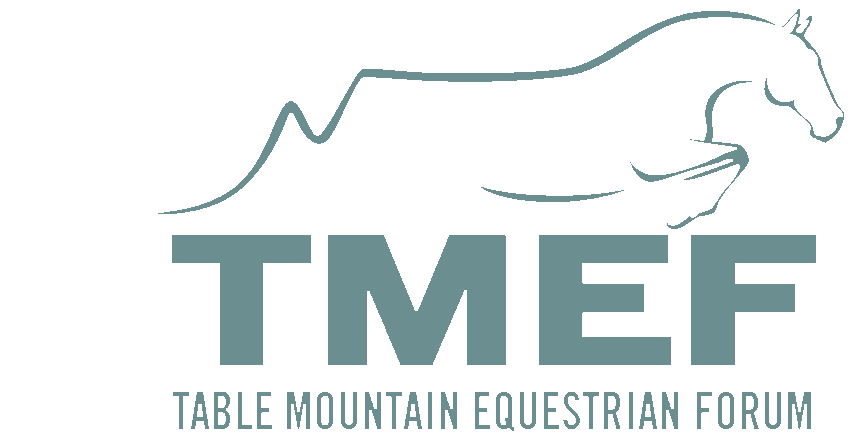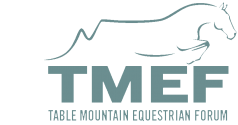Equestrian Code of Conduct
This Code of Conduct has been drawn up jointly by SANParks and equestrian bodies to regulate equestrian activity in TMNP. The objectives are to ensure compliance with TMNP rules, to ensure the conservation of the unique environmental and cultural resources of TMNP, and to promote respect and courtesy between horse-riders, other users of TMNP and Park officials.
All horse-riders should be made aware of the Code of Conduct when applying for an Activity Permit. There should be ongoing communication of the relevant Codes of Conduct to all user groups on an ongoing basis in partnership with representative organisations.
Dogwalkers and cyclists also require Activity Permits and are bound by their own Codes of Conduct. The official policy of SANParks is that on shared trails cyclists and dog-walkers must give way to horses. Owners of dogs are required to have them under control, with a leash or voice recall.
Horse-riders are requested to behave with consideration and courtesy towards other users and to follow the recommended guidelines to ensure a safe and enjoyable experience for all TMNP users.
Equestrian Code of Conduct 2023
Rules for horse-riding (compliance)
- All horse-riders must have a valid Level 3 Activity Permit, which must be carried and shown on request to any TMNP official. Riders are to dismount, if necessary.
- Access to the TMNP is permitted during daylight hours only, unless permission is granted for organised rides outside these hours. Hours vary seasonally, as indicated on the SANParks website.
- Horse-riding is only allowed on designated equestrian trails as approved in the EMP for equestrian activities. Riding is not allowed on laterite (clay) paths in TMNP but is allowed on similar clay paths provided by the City of Cape Town.
- Horse-riders must stick to the existing paths and not ride alongside them, which causes widening and loss of flora.
- Horse-riders have right of way above other users, including dog walkers, cyclists and hikers, but should always ride in a safe manner with due regard for other users. No galloping is allowed in Lower Tokai Park.
- Horse-riders may not be accompanied by dogs unless with permission of TMNP authorities, in which case these dogs must be under voice control at all times.
- Riders who contravene any of these rules may be fined or have their Activity Permits revoked.
Recommended guidelines for horse-riders (etiquette)
Be friendly and courteous
- Every rider is an ambassador for the equestrian community and should behave in a courteous and respectful manner towards other riders, other Park users and TMNP officials.
- Slow down when passing other users to ensure safety for all. Be considerate to families with small children, the elderly and people with disabilities.
- Approach unleashed dogs with extreme caution and allow owners time to restrain/call their dogs.
- Slow down when approaching other users from behind. Alert them to your presence, ensuring that you are able to pass safely.
- Do not ride horse in the Park for three days after using a deworming medication to prevent potential toxic effects for dogs.
- Express appreciation to other users, and thank motorists, cyclists and other users who give way.
Riding safely
- Wear the correct safety gear and ride with reflective clothing in poor light.
- Ensure that your tack and equipment is in good order to prevent accidents and that your horse is under control at all times.
- Ride at an appropriate pace for the terrain, so as not to cause erosion or damage to trails and to be able to safely negotiate hazards.
- Keep left on roads, ride in single file and give way to authorised vehicles.
- Ensure you have a fully charged cell phone with ICE contact numbers and identification and contact numbers attached to your saddle in case of an accident or loose horse.
Equestrian etiquette
- Always ride with due regard to other riders and their horses.
- Slow down and announce your approach when coming up behind other horses. Ask permission to pass and then to increase speed.
- Give other horses space to pass.
- Novice riders should be accompanied by a competent rider or supervisor on foot.

